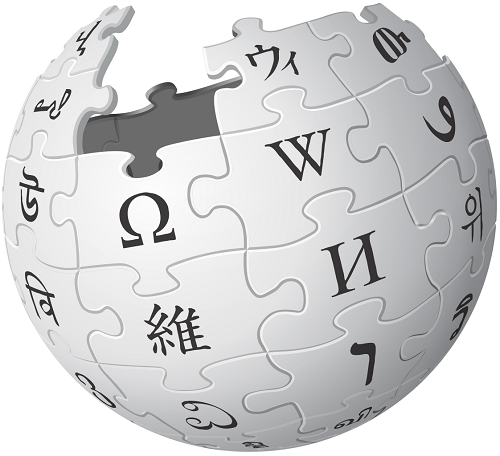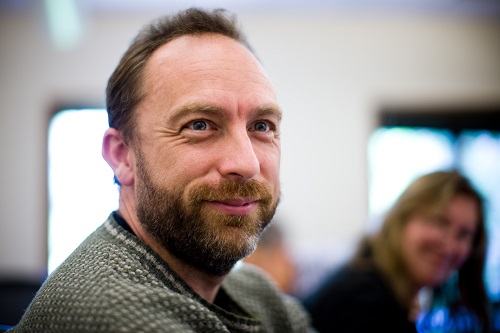Wikipedia’s Jimmy Wales: On a Mission to Fight ‘Fake News’
Wikipedia, one of the most used source of information on the internet. One of its founders, Jimmy Wales, would insist that its a very accurate source of information. But as their own site would admit, sometimes fake information do slip in.
Now Mr. Wales is on a mission to purge the world of fake news.
Fake news everywhere
Fake news have been cropping up ever since the US’ 2016 elections. The US elections that year pits nationalist and right-wing populist, Donald Trump, against globalist and Wall Street pet, Hillary Clinton and the battle was intense. Each side has flung heaps of dungs at one another so much during the duration of the elections. But some were found to be fake news. This is the start of the witch hunt against “fake news”, the term Trump has used over and over again against the mainsteam media (which includes my sources, CNN and BBC and even Fox News) when it comes to reporting about his activities. It is launched by both sides so they can call each other “liars” and discredit their opponents. Even when the elections are over, both sides of left and right still churn out fake news against each other.
And Jimmy Wales seems to have had enough.
The truth, “by the people and for the people”
He has launched a new website called Wikitribune and he hopes to fight fake news at his own turf with the same power that adds information to Wikipedia, plus a dedicated team of journalist. He told CNN in an interview that he hopes to bring in “responsible journalists” and “thoughtful community members” to do something new and different when “digging up the facts”. In the BBC article he has told BBC that the advertising-based model used by news sites has changed the standards. He also told BBC that there is a demand for “high quality, fact-based information.”
Wikitribune won’t be affiliated with Wikipedia or the Wikimedia Foundation. Instead it will a non-profit organization, reliant on $15 per donor. Access is free, though only paying members are allowed to suggest topics.
The model of the site is that the hired journalists must submit with its article all its sources, manuscripts or recorded interviews. Then the community will be allowed to edit the information and update the journalists’ stories. But before that happens, they have to go through a review by another party before the updates are accepted. He said that the journalists will be paid to write. But volunteers can also submit articles and the journalists will review them. In his own words, Jimmy Wales has said that the news will be “by the people and for the people.”
But will this work?
Right now, no one know. In the Fox article he admits that this will be the first time that “professional journalists and citizen journalists will work side by side as equals writing stories as they happen, editing them live as they develop and at all times backed by a community checking and re-checking all facts.”
Actually during the US elections, and even now, some news sites would report something and the people who read them would be the ones that would disprove them.
BBC admits that no one but Jimmy Wales had the most experience when it comes to using and testing the reliability of the online community before when it comes to gathering information. But they wonder if the power that drives Wikipedia could do the same with Wikitribune. The answer they come up with is that they, too, don’t know. They write that they find it curious that, to save journalism, Jimmy Wales will be abolishing one of its traditions by making the readers the editors “rather than pompous blowhards who think they know best.”
And while I’d like to think that the BBC audience are actually the “pompous blowhards who think they know best”, if Wikipedia can be used as evidence, maybe the pompous blowhards may actually be on to something most of the time. If Jimmy Wales can do the magic he did in Wikipedia, this might actually just work.


